Eye Protection
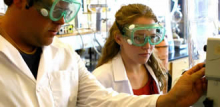
Eye protection must be worn at all times in the undergraduate laboratories. Splash goggles with splash proof sides are required eye protection in all undergraduate laboratories. Avoid use of contact lenses in the laboratory; if you wear contact lenses, notify the laboratory supervisor.
Lab Coats
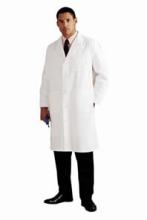
The Dept of Chemistry highly recommends 100% cotton lab coats as they offer superior protection against flames and heat. Contaminated personal clothing may spread hazards to family and friends, as well as contaminate public areas such as doors, hallways, elevators and food services. Everyone working in an undergraduate laboratory is required to wear laboratory coats at all times. The correct style of lab coat for undergraduate laboratories: button or snap in front; long to at least mid-thigh.
Shoes
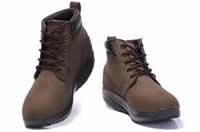
Shoes with closed toes and backs are required for everyone working in an undergraduate laboratory. No shoes with cut-outs or vents that leave skin exposed and unprotected are allowed.
Clothing

Appropriate leg coverage by long pants without any tears or holes is required for everyone working in the undergraduate laboratories. Shorts, capri pants, or any other lower-body coverings that leave skin exposed or unprotected are not allowed. Also prohibited are nylon panty hose and tights. Skirts are appropriate if they are not too loose and are long enough to fully cover the leg.
All loose clothing should be confined to avoid easily catching fire, being dragged through chemicals, or becoming entangled in moving machinery. Clothing cannot drag on the floor.
It is recommended that anyone working in undergraduate laboratories remove jewelry to prevent collecting chemicals, contacting electrical sources, catching on laboratory equipment, and/or damage to the jewelry itself.
Gloves
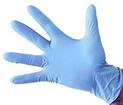
Use of gloves may be recommended, or even required, in the undergraduate laboratories based on the chemicals being used. The scientific instructional technician or the TA supervising the laboratory will provide specific instructions for the lab session.
Inspect gloves before each use and discard if you see discoloration, punctures, and tears.
Take off gloves before leaving the laboratory.
Replace gloves often, depending on their frequency of use and permeability of the chemical(s) being handled. Do not re-use disposable gloves.
Dispose of contaminated gloves by carefully removing them and placing them in the designated waste container. If they are grossly contaminated with hazardous chemicals, then manage them as hazardous waste.
Hair
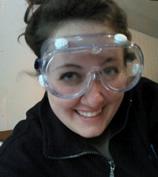
Any long hair should be tied back or confined when in the undergraduate laboratories to avoid it catching fire, being dragged through chemicals, or becoming entangled in laboratory apparatus.